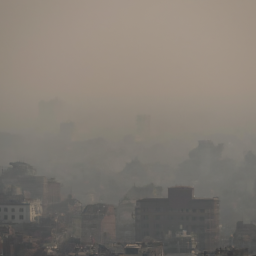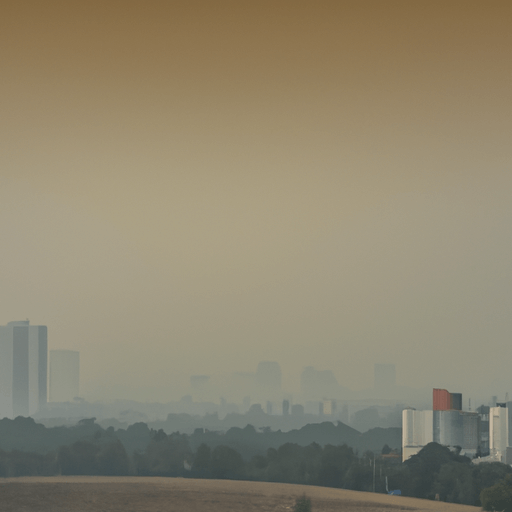449
Newsletter
Subscribe to our newsletter for exclusive content, latest news and trends, and exciting new features.
Tranding
Categories
Home and gardenTechnologyTravel and tourism
LifestyleBeauty and personal careLiterature and writingArts and cultureBusiness and entrepreneurshipEducation and learningEntertainmentFood and cookingScience and natureEnvironment and sustainabilitySports and fitnessMusic and EntertainmentPets and animalsHealth and wellnessGaming and esports



















Comments
Leave a Comment